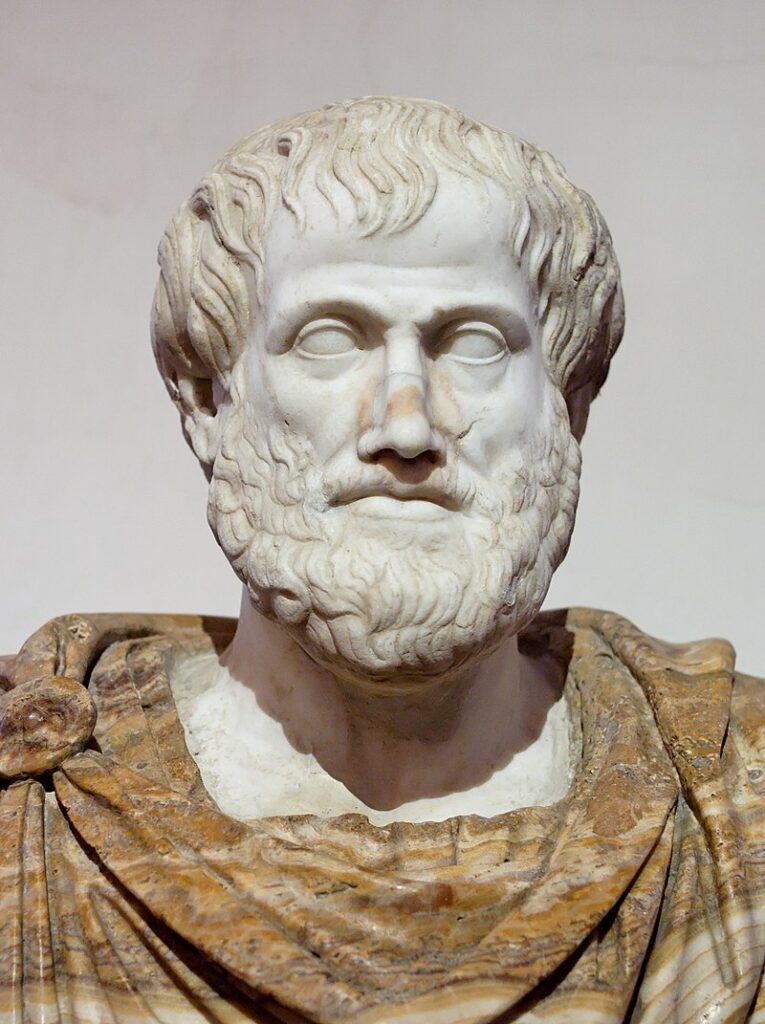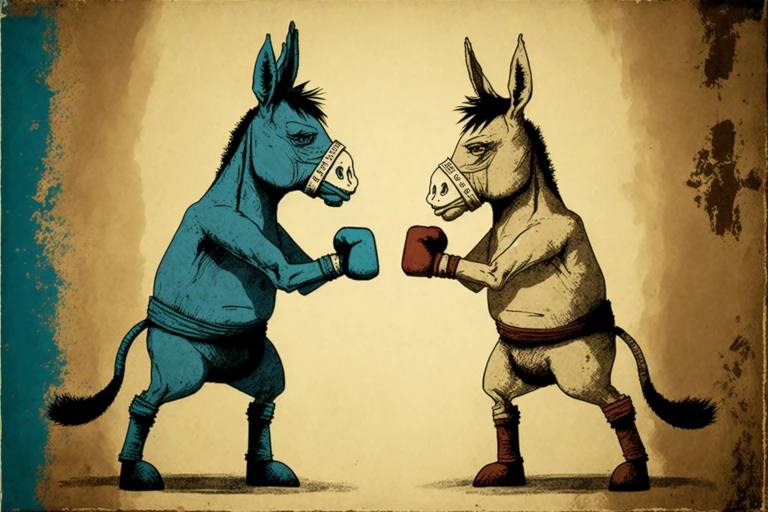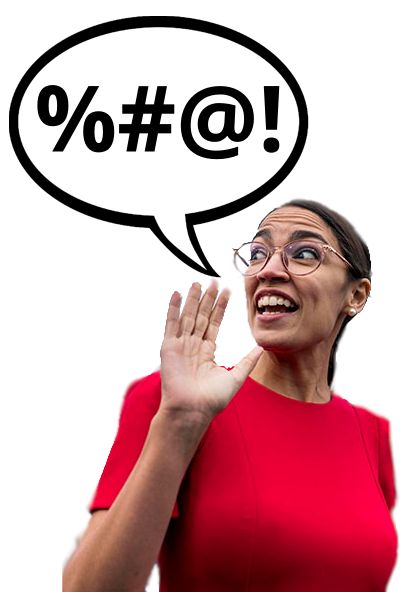Almost no one gets political rhetoric right. Candidates spend millions on polling, focus testing, A/B testing, and engaging in every other conceivable way to narrow rhetoric into quantifiable pieces, and yet very rarely does a politician have the ability to effectively persuade. Many politicians are good at saying things their base (donors) want to hear, but very few are in the business of changing hearts and minds. Saying the right things to drive turnout is the name of the game because that can be easily quantified. Political rhetoric—persuading one to rethink and change their political ideology—is murky. It requires intuition and entails risk.
We have allowed the tools of advertising to take over our political strategy. Oftentimes, it works to drive turnout or suppress opponent turnout, so this strategy has the veneer of working. It works in the short-term and politicians are short-term thinkers—they think about the next election, the next round of donations, the next news cycle. But it’s precisely because both Democrats and Republicans engage in this inane form of political rhetoric that political power continually oscillates from one side to the other while not much in the way of productive governing ever occurs. The rhetoric of advertising is likewise driven by short term considerations. The ad guys just need numbers to impress the client, so it doesn’t really matter if their campaign functions as a long-term solution.
Advertising pursues low-hanging fruit because that’s the goal. Ads don’t have to persuade anyone who’s a particularly tough sell: if I write an ad to sell laundry detergent, I’m going to target individuals who already buy laundry detergent. Ever see a laundry detergent ad that takes place in a cramped apartment? Of course not. Political persuasion is akin to trying to sell laundry detergent so someone who doesn’t even own a washer and dryer. You’re asking people to change something about themselves that is fundamental. They don’t just have to buy new appliances, they have to buy a whole new house to accommodate them.
Perhaps no one underscores the futility of analytically-driven rhetoric than Donald Trump, whose incoherent ramblings persuaded millions of Americans to register to vote and become fervently engaged in political debates about topics beyond their comprehension. But bullshitters do not have a monopoly on persuasion. Matthew McConaughey recently spoke out about a mass shooting in his hometown of Uvalde, Texas. This speech will be taught by English professors for decades to come:
In advertising, there’s a common misconception that an “appeal to emotion” simply means to use emotional language, or to stir up the emotions of the audience. Advertisers think of emotional appeals as hitching a particular emotion to their product, service, or—in the case of politics—issue or person. This is not correct and McConaughey knows it.
McConaughey employs an impassioned emotional appeal but, unlike most contemporary advertisers and politicians, he has not forgotten his Aristotle. According to Rhetoric, Aristotle’s fundamental text on the art of persuasion, an emotional appeal—or pathos—is multifaceted and complicated. One must first acknowledge the emotional state of the audience, then determine the emotional state they need to be in, and finally establish a strategy to move the audience from one state to another. Advertisers get this wrong so often because it is very difficult to pull off in thirty seconds. It’s easy to get an emotional rise out of those who already agree with you and already feel the way you need them to about a particular issue. But that’s not persuading individuals to change their minds, it’s persuading them to care enough about their existing beliefs to take action. That means to vote or donate money.

“To make the loss of these lives matter.” This is the predicate of McConaughey’s argument, meaning that it will take the form of “[Doing X] [will make the loss of these lives matter.]” The missing subject is McConaughey’s primary claim, (“We need to do X”), but simply yelling that has been the mistake of Democrats pushing strict gun control measures for decades. Fifteen minutes later, McConaughey argues explicitly for the very things liberal politicians have been clamoring for:
We need background checks. We need to raise the minimum age to purchase an AR-15 rifle to 21. We need a waiting period for those rifles. We need red-flag laws and consequences for those who abuse them.
But McConaughey does not appeal to despair, fear, and cynicism as proponents of gun control legislation typically do. He rejects this formula with his opening statement by letting the audience know that he’s going to attempt the impossible. He’s going to try to use a horrific massacre as cause for optimism, to make his audience feel hope when their every instinct recoils from optimism.
This structure may seem to jump the gun. For example, in Marc Antony’s eulogy to Caesar in Shakespeare’s Julius Caesar, Marc Antony spends the first half of his speech playing coy and does not reveal his true argument. He sympathizes with the existing emotions of his audience and then allows his speech to slowly chip away at those emotions—as if, by speaking, he accidentally leads them to a conclusion he did not envision. But McConaughey adheres to the strictures of the academic essay: he declares his intent from the beginning. This honesty allows the audience to trust the speaker and to clearly understand how the pieces of his argument fit together as he delivers them. He let’s the audience know he’s going to a place where “[r]easonable parties” will lead us to “a path that can bring us closer together and make us safer as a country.” He omits the details because the audience is not yet ready for that, but by setting the table we know the main course is on its way.
Throughout the bulk of the speech, McConaughey tackles the despair, fear, and cynicism using anecdotes from his interactions with parents who lost children in the massacre. By confronting the existing emotional state of his audience—and, importantly, demonstrating that he shares this emotional state—the call for optimism becomes a challenge for both the audience and McConaughey personally. He details the hopes and aspirations of each child, never shying away from the fact that they can no longer be realized. These children no longer have the ability to ascribe meaning to their own lives by leaving an imprint on the world with careers and families. They can no longer matter beyond the emotional impact they have had on their families. So McConaughey insists we must do it for them. We must make their lives matter by taking measures to reduce the number of similar tragedies.
Importantly, McConaughey makes demands that would require compromise by both parties, but he uses his experiences to detail why these compromises are not only palatable, but necessary. Politicians have become accustomed to treating policy demands like a used car lot haggle: they ask for more than they can reasonable expect in hopes of negotiating down to what they actually hope to receive. This partisanship and polarization that fuels the typical charade of political rhetoric does not affect McConaughey. He has always been intentionally opaque regarding his politics, and as a Christian Texan who has made a career for himself as a Hollywood actor with new-age tendencies, the audience can at most assume he adheres to an unconventional political ideology. When he mentions legislative changes, his demands are direct and would require compromises from both ardent gun rights supporters and opponents of legal firearms. McConaughey presents himself as a gun owner and frequently mentions “responsible gun ownership,” a phrase which is typically used to reject any form of legal restrictions for firearms. He does this to both signal that he belongs to the culture of gun owners and to insist that supporting some form of legal restrictions is responsible gun ownership. He argues that a reasonable majority agrees with the positions he outlines and that legislators have been the ones who consistently put forward policies of one extreme or another that constituents don’t want.
Aristotle claimed that political rhetoric concerns the future because legislation functions to propose a different future. The problem with the gun debate is that it very rarely considers the future. One side cannot get past the world of 1789 while the other cannot provide a coherent vision of change because they’re preoccupied with the most recent tragedy. McConaughey acknowledges the past—acknowledges the emotions these events have caused that we just can’t shake—but has the vision to propose a future with different emotions because of the legislative actions we will take. That’s how you utilize an emotional appeal in politics.
There are many details of this speech that can be studied as effective rhetorical strategy. The delivery itself is masterful and reflects the considerations of a talented actor. The careful balance between prepared remarks and improvised remarks—and often the audience’s inability to distinguish between the two—creates the perfect balance of strategic content and heartfelt spontaneity. The structure of the speech, and how McConaughey ebbs and flows between the demands for political action and the tragedy that has incited this call to action, provides a persistent contrast between what has been and what could be.
Politicians should study McConaughey’s speech not only because he demonstrates a much more effective rhetorical strategy than their armies of poly-sci majors with J.D.s could ever imagine, but because better rhetoric leads to better policy. Plato argued that rhetoric is akin to a scam if the rhetor has no fidelity to the truth. Politicians are often so afraid of the consequences of the truth they fail to consider whether they should shift their policy if they’re unable to be honest about it. It’s the same problem with advertisements: we fail to acknowledge when a product can sell on its own merits. Too often, politicians adhere to the logic of the advertising industry. They try to sell when they should be trying to persuade. Perhaps, looking past the perfect delivery and well structured argument, what makes McConaughey’s speech stand out is his absolute honesty.





